Members area
Iscriviti alla nostra area utenti per visualizzare i listini prezzi e le nostre offerte periodiche
Digital printing ensures precise reproduction of texts and images in full color, including complex gradients. Suitable for vinyl films, special papers, and rigid materials like aluminum and plastic, it’s ideal for custom plates and synoptic panels.
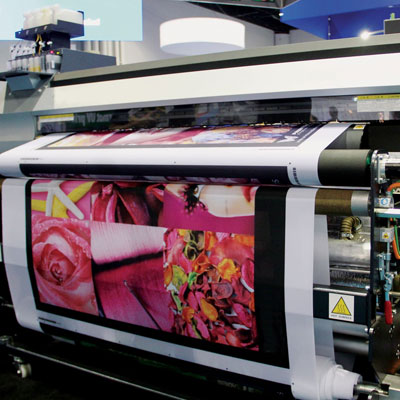



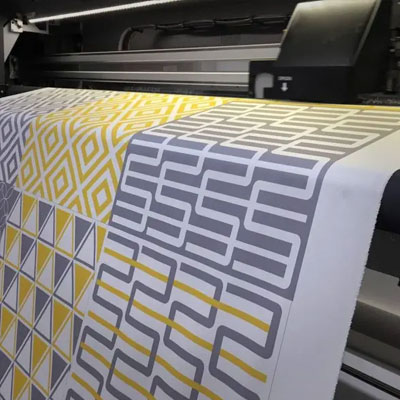
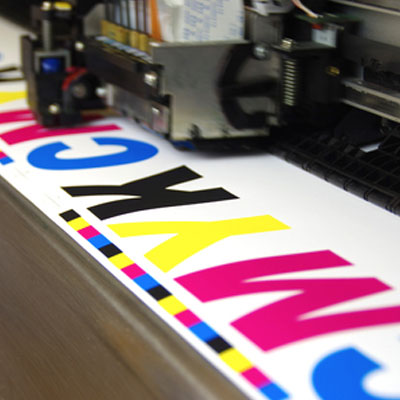


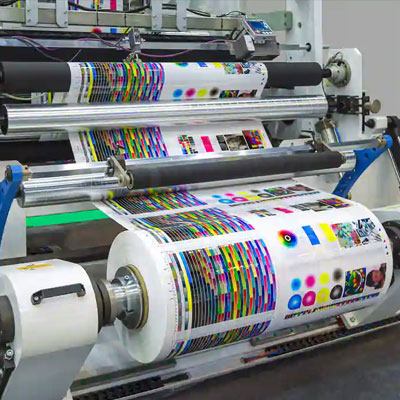

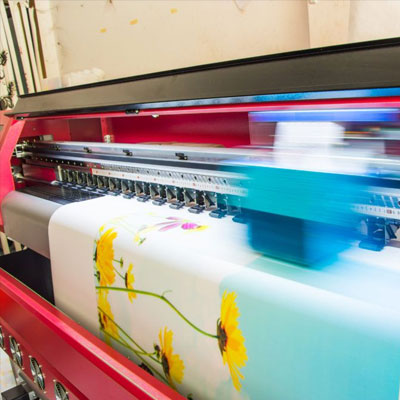

Digital printing is one of the most versatile and advanced solutions for customizing plates, informational panels, and technical synoptics. This technology enables high-quality graphic results, with excellent color fidelity even in complex gradients, multi-style texts, and full-color images.
Unlike traditional methods, it requires no printing plates or dies, ensuring faster production times and high flexibility even for small runs. It’s the ideal choice for customized plates in industrial, commercial, or informational contexts where visual precision, durability, and recognizability are essential.
We print on a wide variety of materials, adapting the process to meet the customer’s specific requirements. Vinyl films are perfect for adhesive labels and signage, while special papers offer elegance and a distinctive aesthetic. For more demanding environments or long-lasting applications, we use rigid supports such as composite aluminum and plastic, ensuring mechanical strength and dimensional stability.
Digital printing allows the seamless integration of technical texts, regulatory symbols, corporate logos, and vector graphics into plates, delivering a complete and functional product. This kind of customization is suitable for multiple sectors: from industrial automation to business signage, from machine identification to branding on rigid substrates.
Our experience in the field enables us to recommend the most suitable solution in terms of materials and finishes. Each print is carried out with attention to detail, meeting the quality standards required for professional applications. Precision, durability, and visual care make digital printing one of the key strengths in producing customized plates and panels.
Digital printing offers excellent visual quality, enabling high-definition reproduction of text and images, even in small runs. It is ideal for custom applications because it doesn’t require printing plates or dies, which reduces production times and setup costs. It also supports a wide color range, including gradients and full-color printing, making it perfect for signage plates, synoptic diagrams, and technical panels. The ability to print on various materials, from adhesive vinyl to rigid substrates like plastic and aluminum, makes it extremely flexible for industrial and commercial uses.
Digital printing can be applied to a wide variety of surfaces, making it suitable for different needs. Common materials include adhesive vinyl films, ideal for labels, markings, and signage. Special papers with matte or glossy finishes are also used for presentation or technical documentation. For more demanding or long-lasting applications, rigid supports such as PVC panels, plastics, polycarbonate, and aluminum are used, offering excellent mechanical strength, long-term durability, and great readability even in harsh environments.
Yes, one of the main advantages of digital printing is its ability to produce even single pieces or small batches without additional setup costs. This makes it particularly suitable for prototypes, samples, or custom plates tailored to specific needs. Each item can be personalized with different texts, codes, logos, or graphics while maintaining high print quality. Even small runs ensure a professional, precise, and durable result, ideal for technical, identification, or promotional applications.